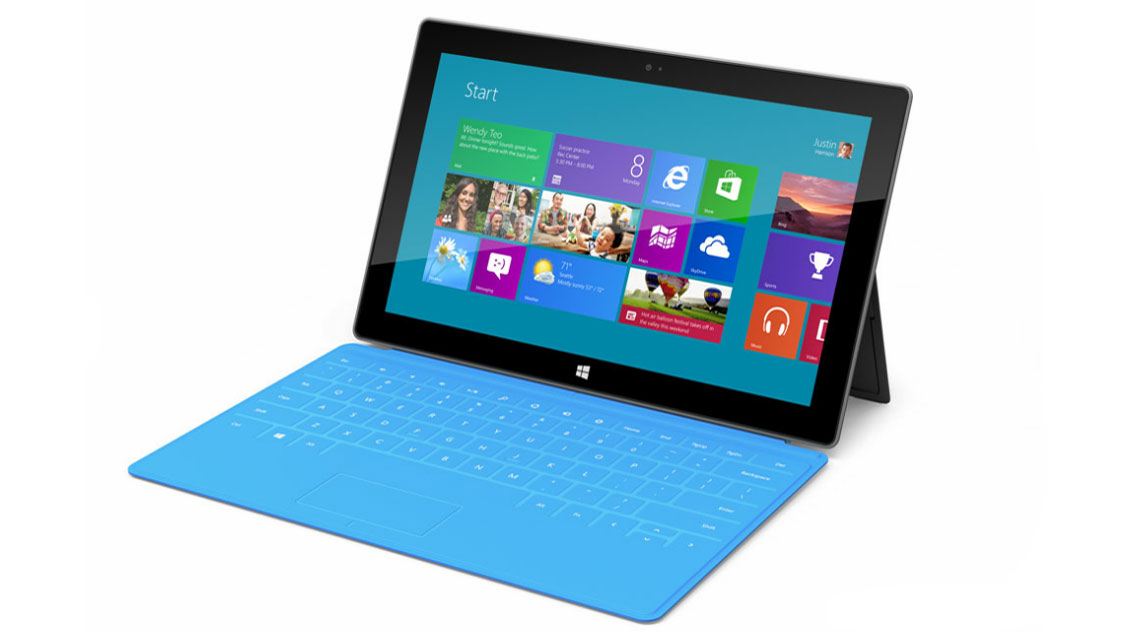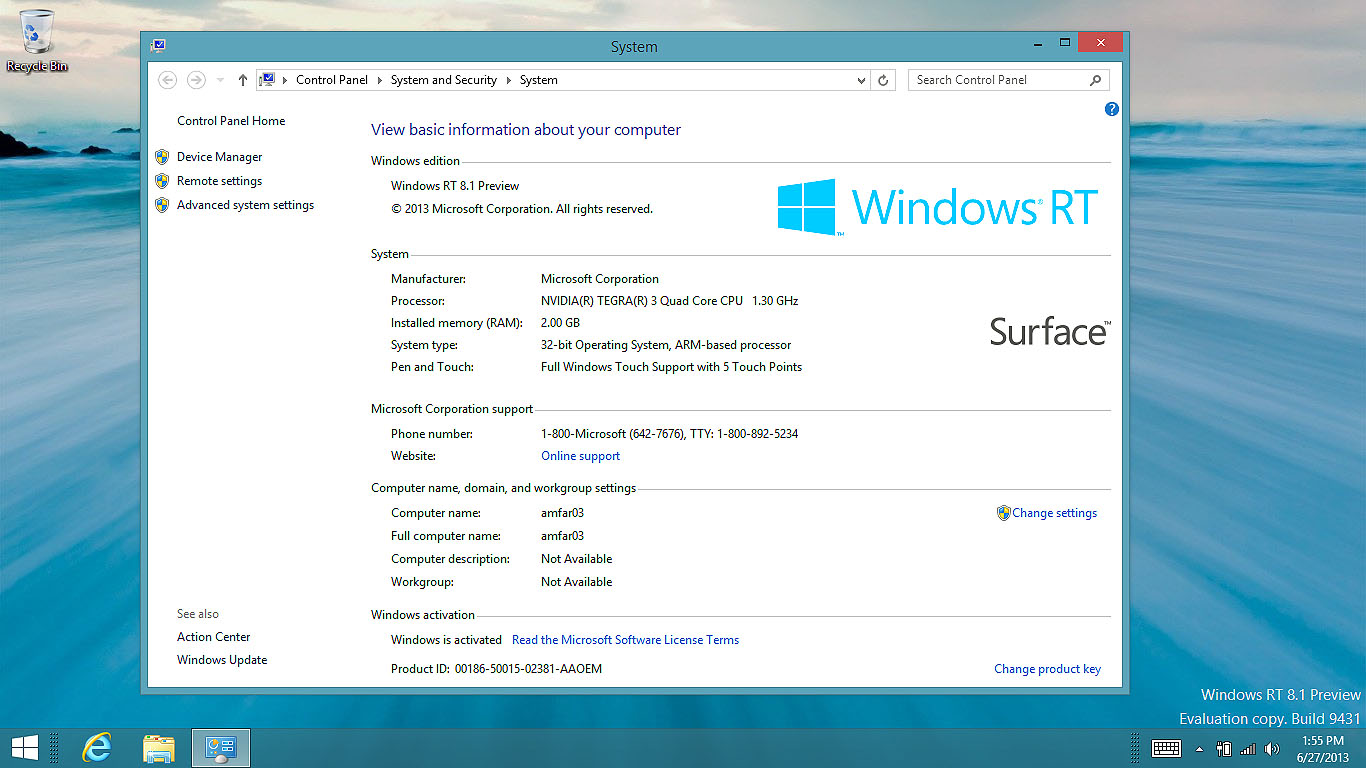Windows RT: time's up for Microsoft's dying OS
Asus the latest name to pull out – and pretty much the last

Microsoft didn't have a clue what it was doing with Windows RT. And if it did, its strategy was a total fiasco and it spent an awful lot of money believing its own hype.
Now Asus is pulling back from the beleaguered ARM-only OS, explaining that "the result is not very promising." It joins an elite band of traditional PC vendors who, having pledged support for RT, eventually decided that Microsoft's Windows touch dream was better off running on an Intel processor. You know, one with the ability to use legacy apps and the Desktop just as everybody has done since Windows 95.
Asus joins Samsung, which was the other vendor most invested in Windows RT. It launched the Ativ Tab RT which was hardly available anywhere, then cancelled its future Windows RT tablet plans.
Then there was Toshiba, which just didn't bother launching. And Asus also joins Lenovo, which launched the Yoga 11 only to usurp it with the Intel-powered Yoga 11S within months.
That just leaves Microsoft's Surface RT and the Dell XPS 10 hanging in there. But they won't be around for long. Despite Windows RT 8.1 having been previewed, RT is essentially dead with this latest news.
Microsoft isn't saying that, of course, but it has just heavily discounted Surface RT, which it made far too many of. How can RT possibly have a future?
End of the road
The sad thing is that the idea of RT was sound. Cheaper Windows devices were supposed to make touchscreen-capable Windows increasingly accessible. But manufacturers didn't want it - not least because many of them have big deals with Intel - and consumers were totally bemused by the proposition.
Sign up to the TechRadar Pro newsletter to get all the top news, opinion, features and guidance your business needs to succeed!
Windows RT devices were generally more expensive than an iPad, while you could get a Windows 8 touchscreen laptop for around the same price.
But it's not like we didn't see all this coming. Two years ago we questioned how Microsoft would deal with buyers' expectation that the desktop in Windows RT would support legacy apps.
Last October after the Windows 8 and Windows RT launch, we again questioned why the difference between the Windows 8 versions wasn't being explained, despite Microsoft promising us just two days earlier that the distinction would be made clear.

If you don't believe us, check out this official Microsoft page on Surface RT. It doesn't even bother mentioning legacy or desktop apps. Microsoft just didn't give RT the support it badly required. And that's why it can't have had a clue what it was doing.
Not least, it didn't have a clue with the name. Windows RT isn't Windows 8. Windows RunTime? What was that about? If it wasn't originally meant as a consumer brand, what's it doing on the Microsoft Surface site? And given that it did end up being the consumer brand, what were the marketing department on?
And then there were the apps. The new Windows 8/Windows RT apps aren't yet a strong enough ecosystem. A lot of big-name apps are still missing (like Facebook, in which Microsoft owns a stake). Some are terrible, like the Skype app (which Microsoft owns). And others just don't fit with Desktop workflow, like Dropbox or SkyDrive (which is Microsoft's own cloud service).
What next for Microsoft?
ARM must be furious, as well as other Windows RT partners such as Qualcomm and Nvidia - indeed, the latter's CEO Jen-Hsun Huang didn't mince words when he recently said "everybody expected to have sold more than we did."
If there is a winner here, it is Intel, which once again has little threat to its PC processor monopoly. But as it is also struggling in the tablet market, it's a somewhat hollow victory.
The new Microsoft - dubbed One Microsoft in its restructuring blurb - needs to learn from this debacle quick smart, repair its damaged relations with partners and get some incredible Windows 8.1 hardware out there.
Dan (Twitter, Google+) is TechRadar's Former Deputy Editor and is now in charge at our sister site T3.com. Covering all things computing, internet and mobile he's a seasoned regular at major tech shows such as CES, IFA and Mobile World Congress. Dan has also been a tech expert for many outlets including BBC Radio 4, 5Live and the World Service, The Sun and ITV News.